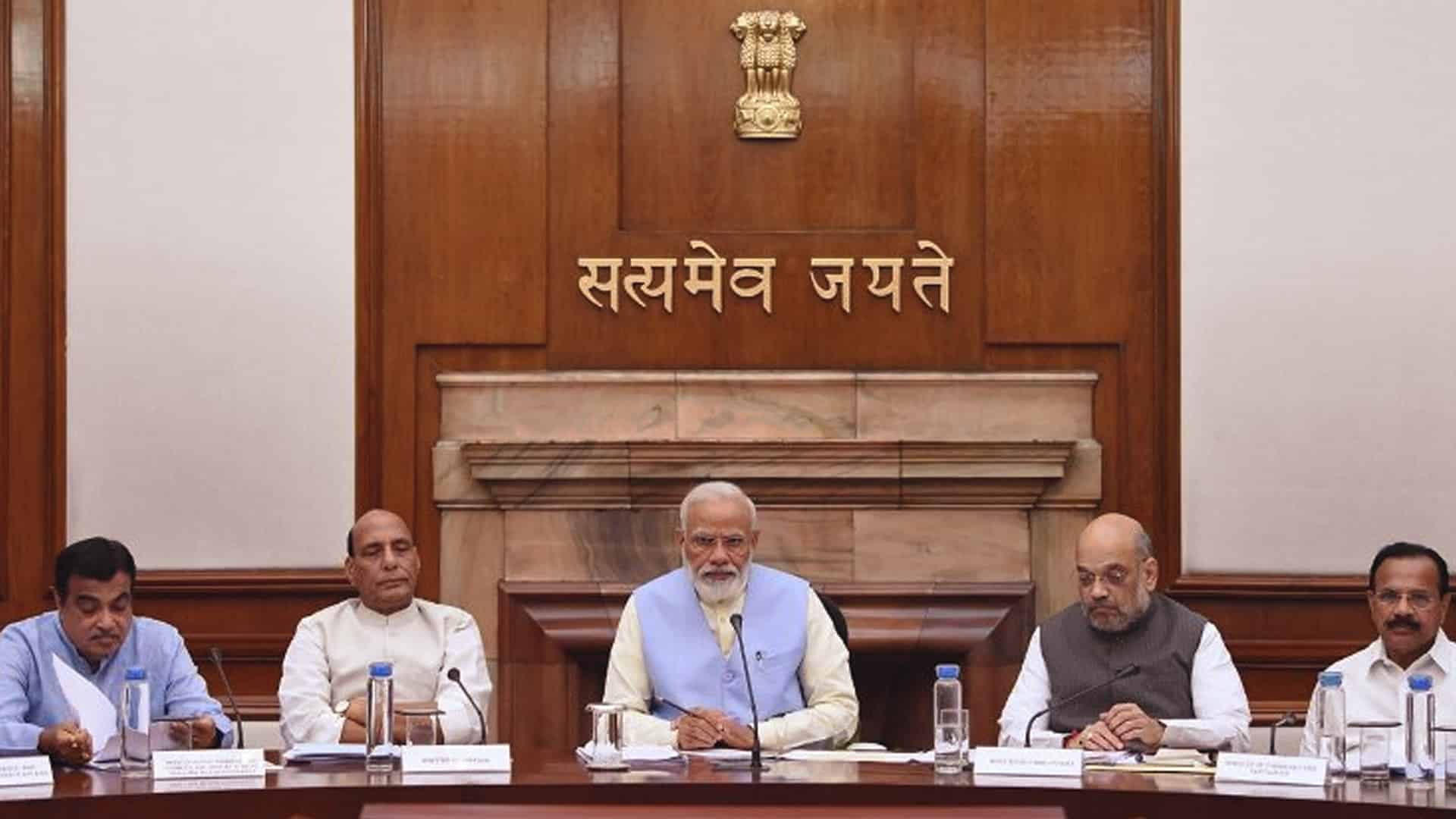Business
Cabinet approves a bill to decriminalise minor offences to promote ease of doing business
The Union Cabinet has approved a bill to decriminalise minor offences by rationalising related provisions under different ministries to ensure ease of doing business, sources said on Friday.
The proposal was mooted by the Department for Promotion of Industry and Internal Trade (DPIIT). Sources said that the Cabinet discussed the Ease of Doing Business and Ease of Living (Amendment of Provisions) Bill, 2022 in a meeting here and has approved it as the bill is likely to be introduced in the ongoing winter session of Parliament. The bill proposes to rationalise about 110 provisions across 35 Acts administered by 16 ministries/departments.
Also read: Increasing X-ray machines for baggage checks has helped ease congestion at Delhi airport T3: Scindia
Explaining the rationale behind the proposed legislation, one of the sources said that taking the reform agenda to the next level, the government is focussing on reducing the overall compliance burden for businesses and citizens. For this, a four-pronged strategy of simplification, digitisation, decriminalisation of provisions for minor offences, and elimination of redundant laws/rules has been adopted to deliver the desired objectives of this initiative. After a comprehensive consultation with all the key stakeholders, the department finalised the bill.
The DPIIT has received reports and recommendations from industry bodies related to archaic criminal provisions in existing laws. The bill seeks to decriminalise imprisonment provisions related minor offences to trivial procedural violations from 35 Acts. About 110 such provisions are proposed to be amended through this one bill. “The department has observed that these provisions have not been invoked many times, but there is fear in the minds of industry about those provisions. The idea is to replace imprisonment with penalties or graded punishment,” they added.
These 35 laws are administered by various Union ministries and departments, including finance, food production and distribution, financial services, agriculture, commerce, environment, road transport and highways, defence, posts, electronics and IT.












































